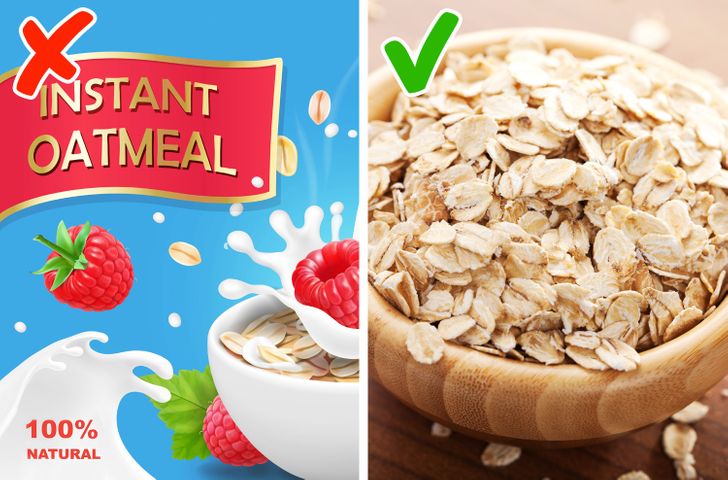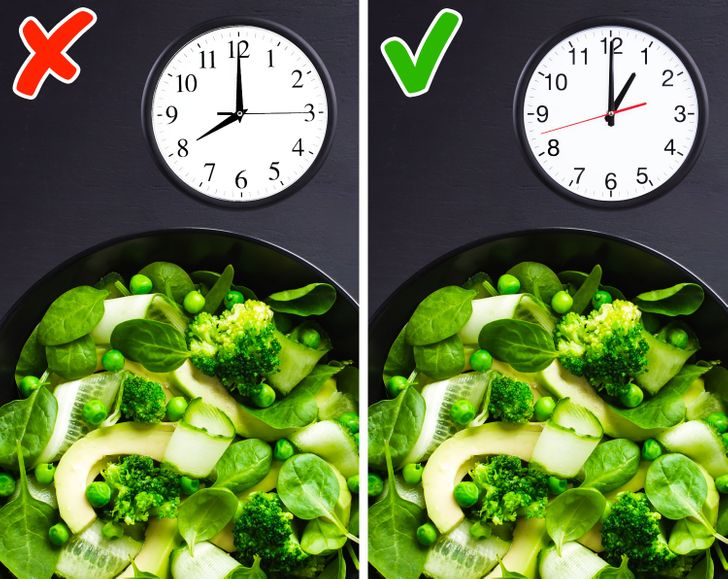In 2013, a joint analysis of the 15 most popular diets by the American College of Cardiology, Heart Association, and Obesity Society revealed what all of these diets have in common.
Apparently, everyone recommends eating plenty of vegetables, avoiding added sugar, and cutting down on processed foods. However, an important issue is often overlooked: the fact that some foods, while healthy, should never be eaten on an empty stomach.
We collect some products that are generally considered healthy, but eating them at breakfast is not recommended.
Best Food to Avoid on Empty Stomach in The Morning
7. Yogurt

Despite the idea that yogurt with fruit for breakfast is healthy and promotes weight loss, not all yogurts are a good option. The yogurts available in the market are full of added sugars and as well as 0% fat yogurts.
To compensate for the fat loss in fat-free yogurts, artificial sweetener is added. Finally, not all yogurts contain enough protein. The safest option would be to opt for plain Greek yogurt and sweeten it yourself with honey or fruit.
6. Pre-mixed Oatmeal

Oatmeal is a very healthy option for breakfast since it is rich in fiber, vitamins, proteins, and does not contain gluten. However, instant oatmeal packages have a lot of added sugar, salt, and colorings.
If you really don’t have time to make plain oatmeal, choose only plain, sugar-free instant oatmeal and pay attention to its preservative and fiber content.
5. Raw Green Vegetables

Although vegetables are generally healthy, eating them on an empty stomach can cause irritation for some people and even lead to gas, bloating, and abdominal pain.
One reason for this is the insoluble fiber contained in most vegetables, which people with digestion problems should particularly avoid.
4. Tomatoes

Tomatoes are rich in vitamins, low in calories, and nutritious. However, they should not be consumed on an empty stomach, as they can cause stomach upset and general discomfort.
Like some green vegetables, tomatoes contain soluble astringents, causing a reaction with gastric acid.
3. Citrus Fruits
People diagnosed with diabetes or people with a sensitive stomach should avoid consuming citrus fruits on an empty stomach.
Fruits with a high acid content, such as oranges, lemons, limes, and grapefruits, can negatively interact with our digestive juices and cause irritation, heartburn, and gastric problems.
Also, carbohydrate-rich fruits can increase sugar levels in the morning, which can be dangerous for diabetics. If you want to improve your digestive health, add walnuts to your breakfast routine.
2. Cold Beverages

Cold drinks of any kind on an empty stomach can cause irritation to the stomach and intestines. You should be especially concerned with cold sodas, as they cause bloating and a general feeling of discomfort in the stomach.
It is more advisable to drink a glass of warm water in the morning before breakfast since it improves digestion, circulation and helps lose weight
1. Pears
Although pears are a generally healthy snack, packed with vitamins, potassium, and low calories, it is advisable to avoid eating pears for breakfast.
Pears contain raw fiber that can damage the delicate mucous membranes of the stomach when eaten on an empty stomach. It is especially true for hard pears.
This does not mean that you should avoid pears entirely. In fact, some studies show that people who eat pears are less likely to become obese and tend to have a higher-quality diet.
Do you know of other seemingly healthy foods that should be avoided on an empty stomach or restricted to some people? Share your opinion, advice, and experiences in the comments.


